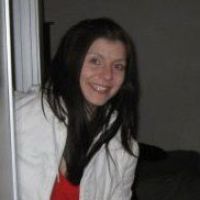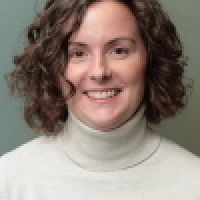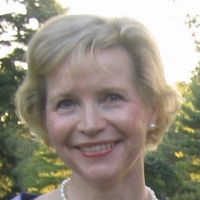Bridging Module
The Bridging Module consists of a coherent set of 15 credits of upper-level courses (i.e. courses numbered 300 or above). The purpose of this module is to enable students to explore connections between Computer Science and another discipline. Often, the other discipline is the subject area studied in the first degree, although this is not necessarily the case. This Bridging Module is an extremely important component of this interdisciplinary program as it is through these courses that bridges are built to other academic disciplines.
It is important to note that courses in the Bridging Module must be chosen in consultation with a program advisor. Courses taken without the approval of an advisor will not, under normal circumstances, count towards graduation requirements. Students are encouraged to meet with a program advisor before registering in courses and before making any changes to electives.
The Bridging Module may consist of no more than two upper-level Computer Science courses. The upper-level Computer Science courses in the Bridging Module are over and above the 21 credits of upper-level Computer Science listed in the Academic Schedule. Most upper-level MATH, STAT, or CPEN courses are acceptable as bridging electives.
You design your own bridging module, in consultation with the program's advising staff. However, as examples:
Students interested in Cognitive Systems and Artificial Intelligence might aim for a bridging module with courses like:
- COGS 300, COGS 303, COGS 401, PSYC 309, CPSC 322
- Perhaps CPSC 312 and CPSC 422
(As with most modules, these courses have prerequisites in their own disciplines, e.g., COGS 200, PSYC 101, etc.)
Students interested in Commerce might aim for a bridging module with courses like:
- COMR 329, COMR 398, COMR 457, COMR 458, COMR 465, COMR 473, COMR 493
(This list includes courses that first-degree students who are minoring in COMM would consider, and there are other COMR or COMM courses that may be of interest. Again, there's no guarantee that COMM will have enough seats available in these courses; please communicate with the advising for the department offering your courses of interest and have a backup plan in mind. For COMM/COMR courses, ECON courses might make good backups, for example.)
Students interested in data analysis, machine learning, data mining, and statistics might consider:
- STAT 200 (instead of STAT 203, not part of the module), STAT 302, STAT 305, STAT 306, STAT 404, STAT 406
- CPSC 340, and CPSC 304 for some of their other courses
Again, these are examples. Students design their own Bridging Module program in consultation with a program advisor. Keep in mind:
- courses in the Bridging Module must form a coherent set that make sense in the context of the student's future career goals
- all courses in the Bridging Module must be at the 300 level or higher
- no more than two Computer Science courses can be included in the Bridging Module
So, for example, the following set of courses would not be approved as a BCS Bridging Module:
- COMM 335, FNH 355, CLST 301, GERM 433, CHIN 300
as there appears to be no common thread running through them.
Increasing numbers of students are choosing courses from the Faculty of Commerce. While these courses often make sense in the context of the BCS degree, unfortunately Commerce makes relatively few seats available to students from other faculties. If you have questions about registering for COMM courses, the Sauder School of Business has an online Request Form for advising and registration questions.
Given the restrictions in many COMM courses, it is recommended that BCS students do not rely solely on Commerce courses to satisfy the BCS Bridging Module requirements; an alternate set of courses should be chosen in case the preferred Commerce courses are not available.
Students often ask if advisors can recommend courses. While we are happy to discuss possible sets of courses that students present to us, we consider it the student's responsibility to choose courses that are of interest and that help them reach their career goals. A list of courses including a brief description and required prerequisites is available in the UBC Calendar.
Students should also consult the Faculty of Science Credit Exclusion Lists when choosing courses to ensure that the courses do not overlap to the extent that credit is not granted for all of them.
In the event that a student receives exemption from a required course at the lower level, this course must be replaced with a lower or upper level course in the Faculty of Science or the Faculty of Arts with approval of a program advisor. In general, there is much more flexibility in choosing courses to replace exempted courses than there is in choosing courses to complete the Bridging Module.
Important Note: The Department of Computer Science enforces prerequisites for its courses, as do some other departments. If you believe you have prerequisites for a course from your previous degree, you should usually contact the department offering the course you want to take (e.g., the CS department for a CPSC course or the Sauder school for a COMM/COMR course).
Some BCS students have asked about taking graduate-level Computer Science courses (e.g., CPSC 5xx) or perhaps graduate courses in their previous degree area. Graduate-level courses are the domain of the Faculty of Graduate Studies (FoGS), and not BCS or the Department of Computer Science. Thus, taking a graduate course requires special permission (see our FAQ for more details).




